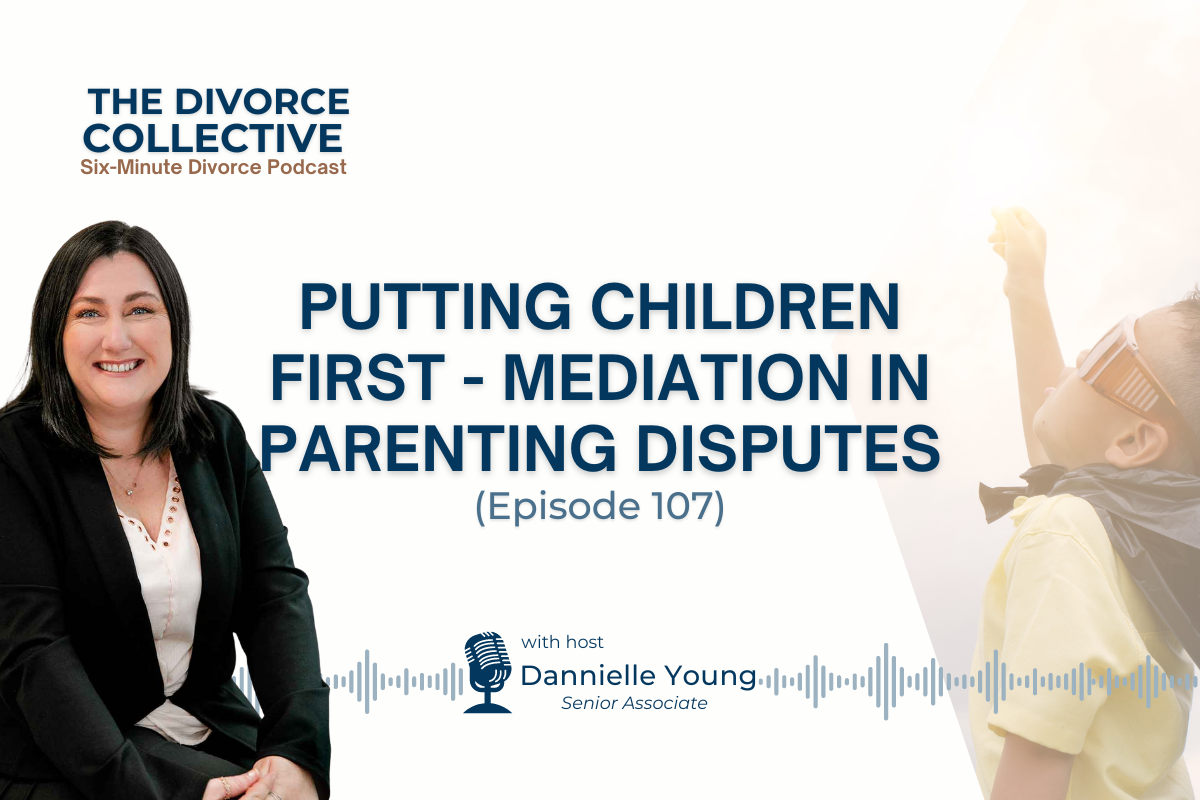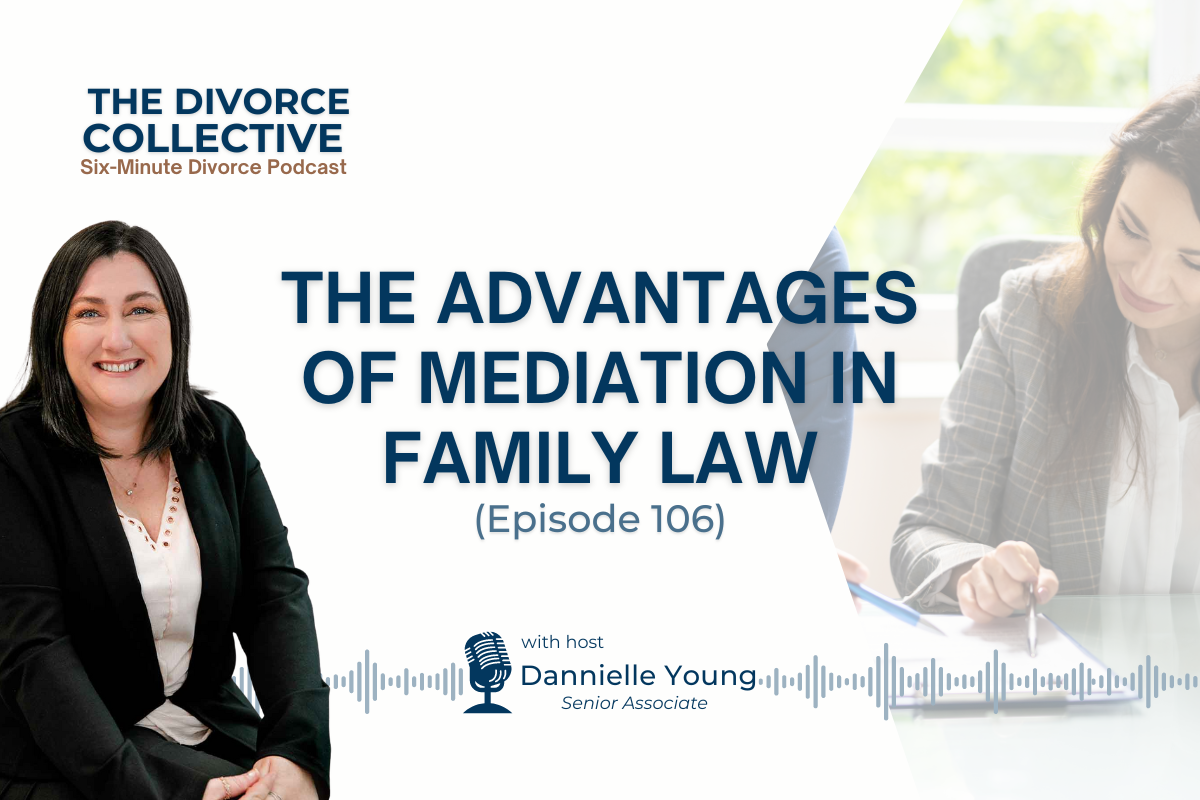Welcome back to the Divorce Collective podcast! I’m Dannielle Young, your host and a senior associate at Collective Family Law Group. We’re thrilled to have you with us again, and your ongoing support truly means the world to us. Our podcast aims to provide you with insights and information that could be helpful for your family law matters, sparking questions and considerations that you might not have thought of before.
Understanding Child Support
Dannielle takes us into the complexities of child support, a critical aspect of family law that involves the financial support a parent is legally obligated to provide for their child. Governed by the Child Support Assessment Act of 1989, child support can be assessed and collected by the Department of Human Services or managed through private agreements between parents.Assessment and Calculation
Before exploring the types of agreements available, it’s essential to understand how child support amounts are calculated. The Child Support Agency uses a detailed formula considering both parents’ incomes, the children’s ages, the caregiving parent’s time spent with the children, and other relevant factors. A great first step for anyone dealing with child support is to use the Child Support Agency’s online calculator to estimate potential payments.Your Options for Child Support
There are several pathways to managing child support:- Do nothing and opt out of formal child support arrangements.
- Informal agreement between parents, based on an understanding of what might be expected if an assessment were made.
- Limited child support agreement, which requires an existing assessment but allows for additional terms.
- Binding child support agreement, offering a more permanent arrangement but requiring legal advice for both parties before proceeding.





